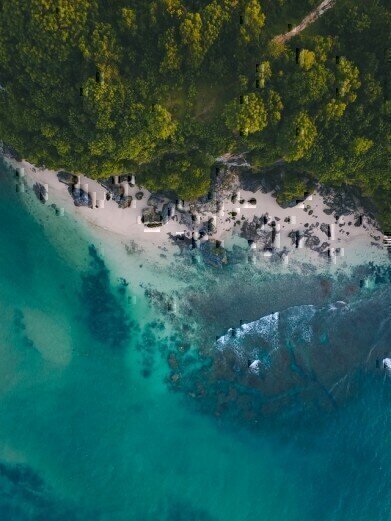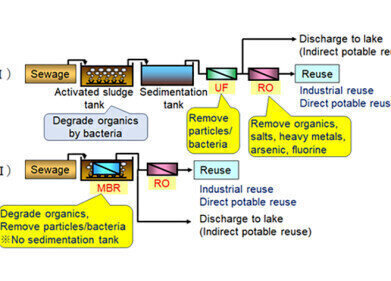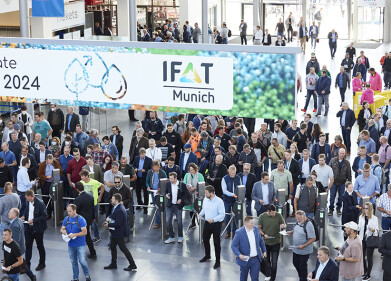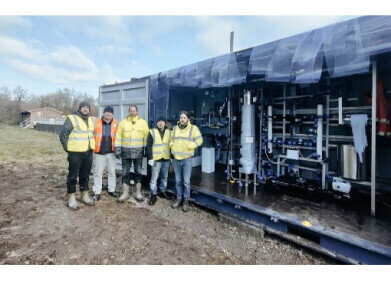Water/Wastewater
How Will Bali's Tourist Tax Tackle Pollution?
Mar 01 2019
Plastic pollution is a huge environmental threat around the world. With around 8 million pieces of plastic making their way into our oceans every day, many nations across the globe are making a stand to stop the devastating consequences of plastic pollution. And Bali is no different.
The Indonesian island has already taken steps by banning plastic bags and straws and are now planning on introducing a tourist tax to contribute towards their beach clean ups.
A solution to the problem?
According to the Bali Environment Agency, the small island produces a staggering 3,500 tonnes of rubbish every day. Bali is an extremely popular tourist destination, attracting almost 6 million visitors in 2017 alone and that number is set to rise year-on-year.
As a small island, roughly the same size as Norfolk, the beaches and oceans very quickly become inundated with pollution, especially with an increasing number of tourists visiting and creating more waste. The tourist tax aims to ease the pressure that plastic waste has on Bali’s environment by funding preservation programmes.
Costing $10, or £7.60, per person for overseas visitors, the new tax could transform the way Bali maintains its environment and preserves its culture. Wayan Koster, Governor of Bali, believes that the new tax won’t deter tourists. “They will understand and be happy to pay it as it will be used to strengthen our environment and culture”.
So far, the plans have received wide spread support from locals on the island, with the understanding that the money made from the tax will be used for environmental investment. “If there is no real programme following the implementation of the bylaw, tourists may feel disappointed and it would lead to a decrease in tourist arrivals,” said Ida Bagus Purwa, Sidemen of the Bali chapter of the Indonesian Hotels and Restaurants Association.
Tackling the bigger issue
According to a study by the Ellen Macarthur Foundation, it is estimated that, by 2025, there will be more plastics in our oceans than fish. Bali’s tourist tax is just one of the proposed solutions to the ever-growing waste problem the globe is facing.
At the moment, around 79% of all plastics on earth end up in landfills or polluting the environment, causing huge problems for small islands like Bali. With nowhere to properly dispose of the large amounts of plastic and the equivalent of a truckload of plastic entering the oceans every minute, Bali’s beaches very quickly become full of waste. How this tax will be collected remains unclear, but if it can help contribute to the beach clean ups around the island, Bali’s residents can look forward to a cleaner, waste-free future.
Want to find out more about pollution clean-ups? Take a look at the article ‘The best way to clean up flooded lakes and reservoirs?’.
Events
Apr 22 2024 Hannover, Germany
Apr 23 2024 Kuala Lumpur, Malaysia
Apr 24 2024 Sao Paulo, Brasil
May 05 2024 Seville, Spain
May 13 2024 Munich, Germany













